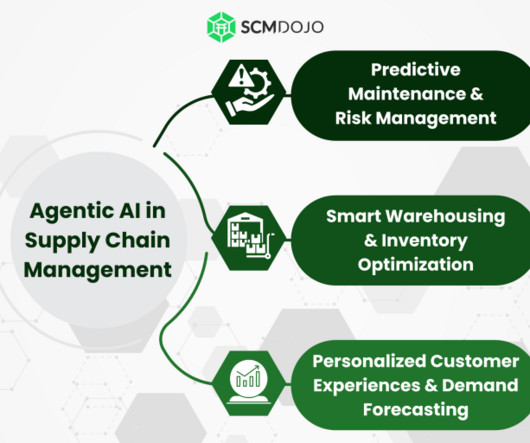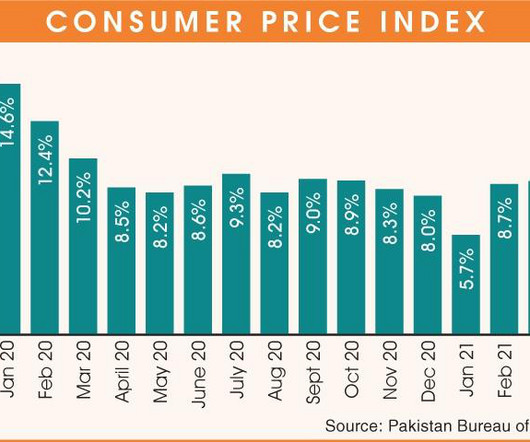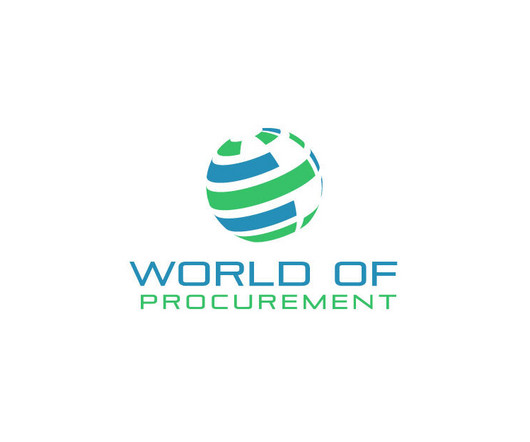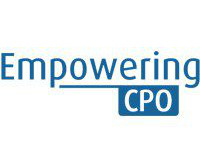Agentic AI in Supply Chains: The Future of Decision Making
SCMDOJO
FEBRUARY 16, 2025
This leap in AI capabilities is revolutionizing industries, and AI-driven supply chain management is no exception. The Role of Agentic AI in Supply Chains Supply chains are dynamic and complex, requiring continuous decision-making across multiple functions, from procurement and inventory management to logistics and demand forecasting.















Let's personalize your content